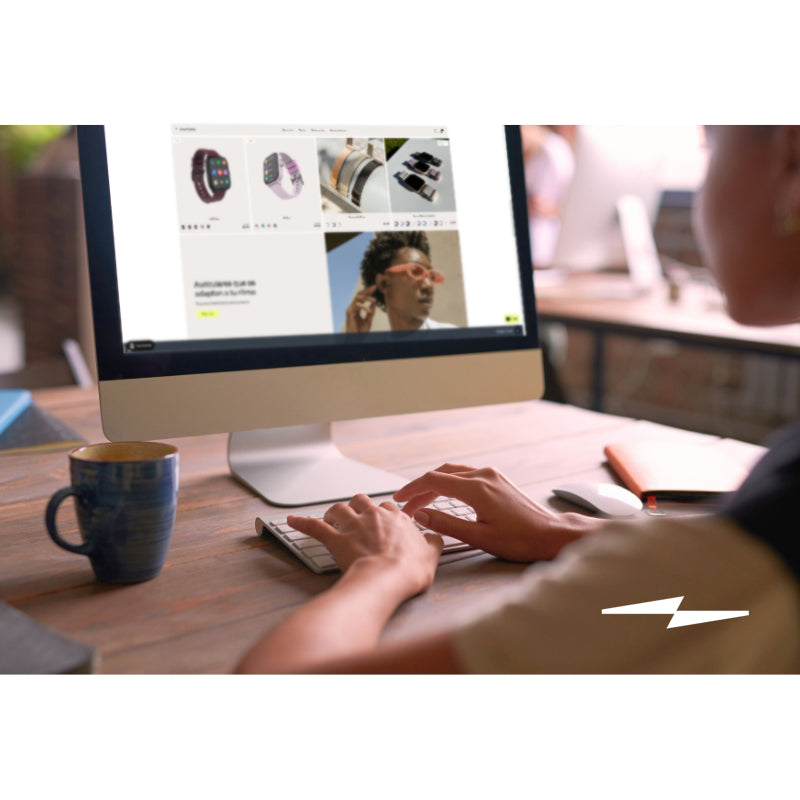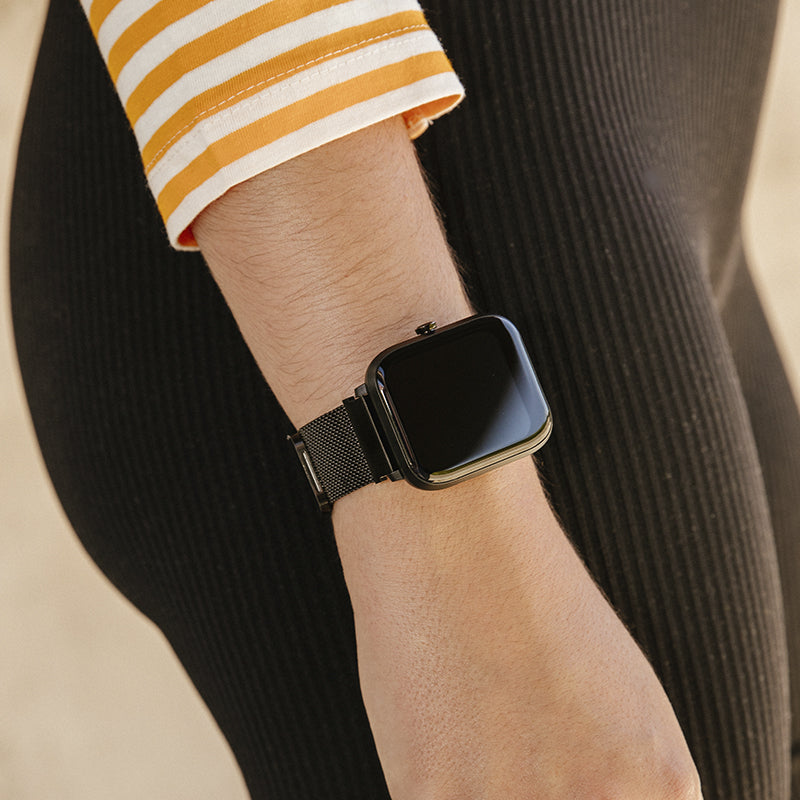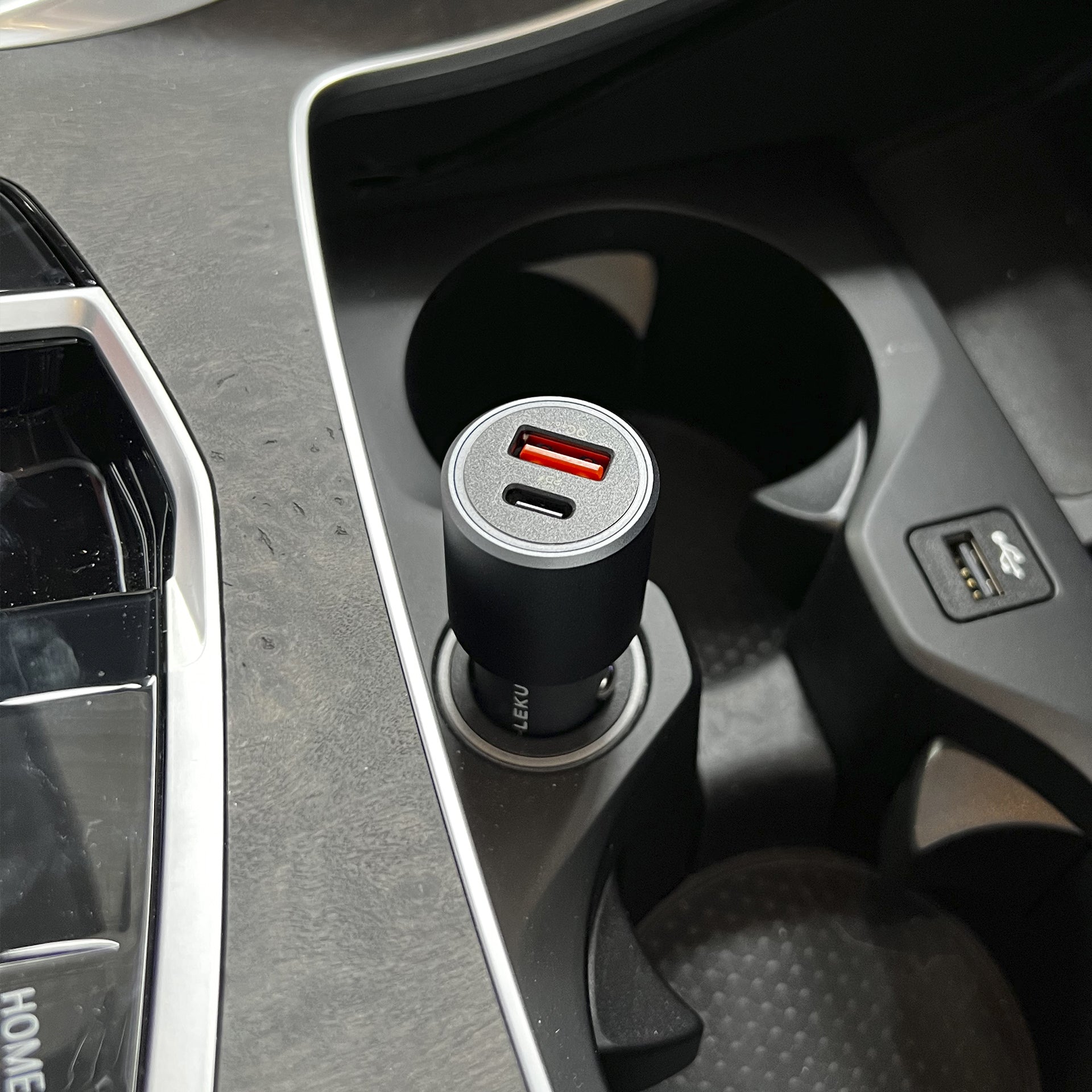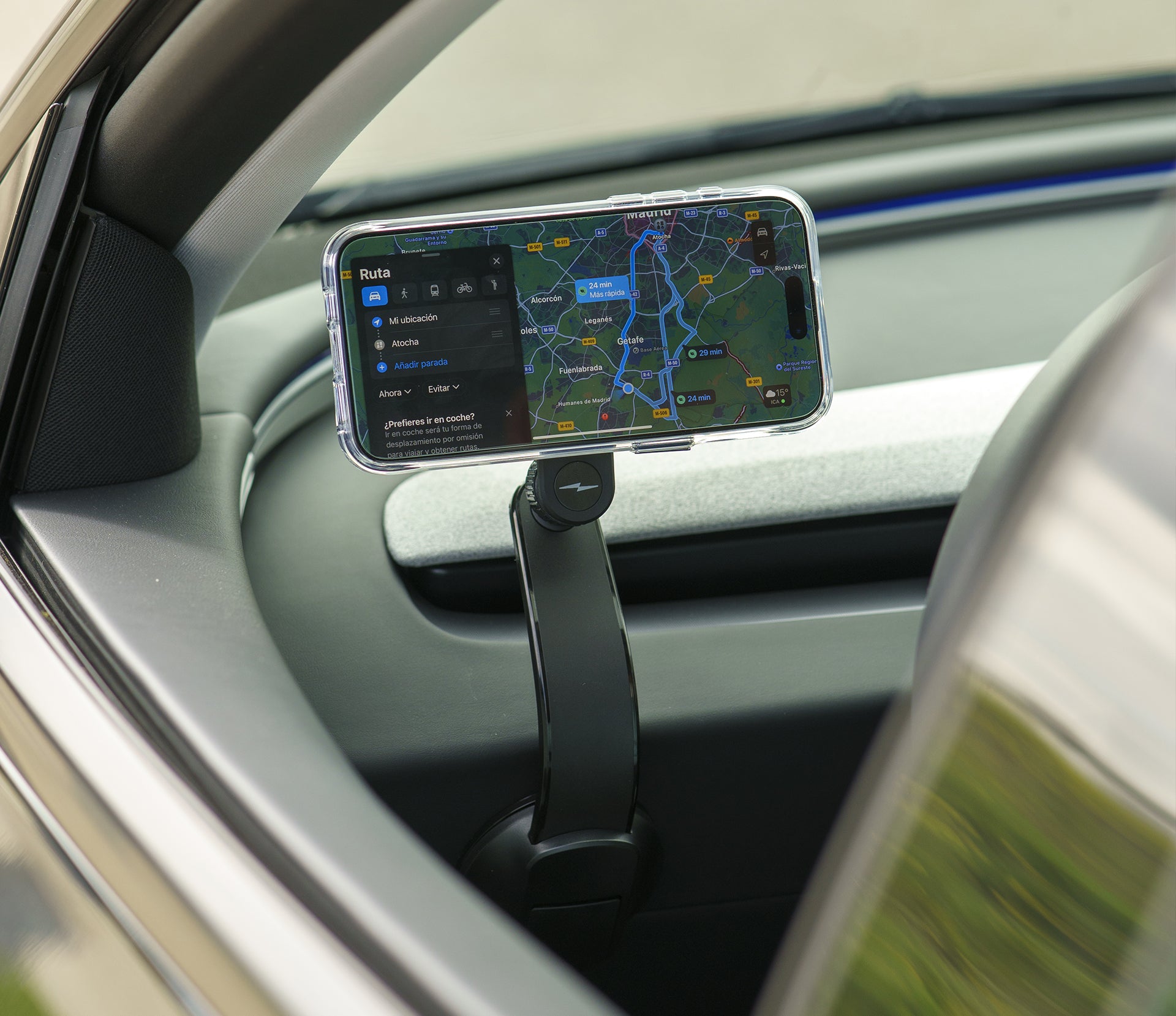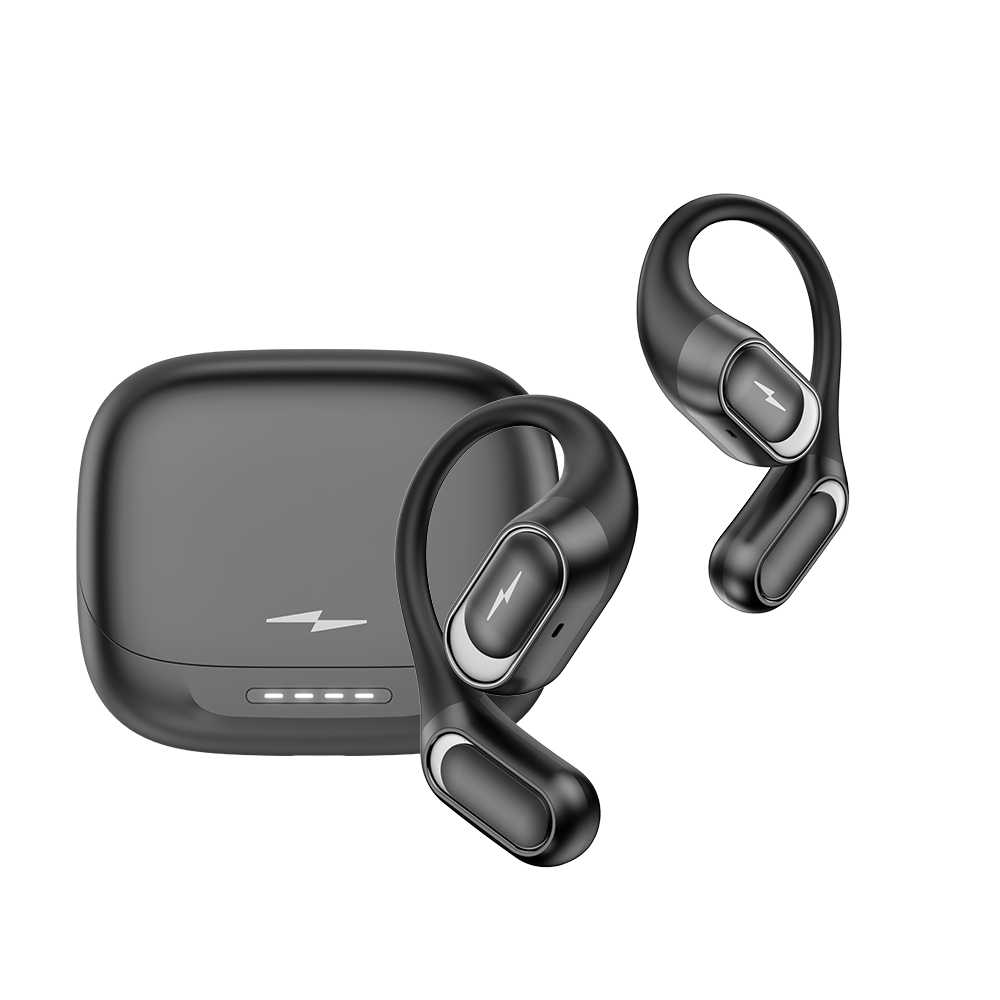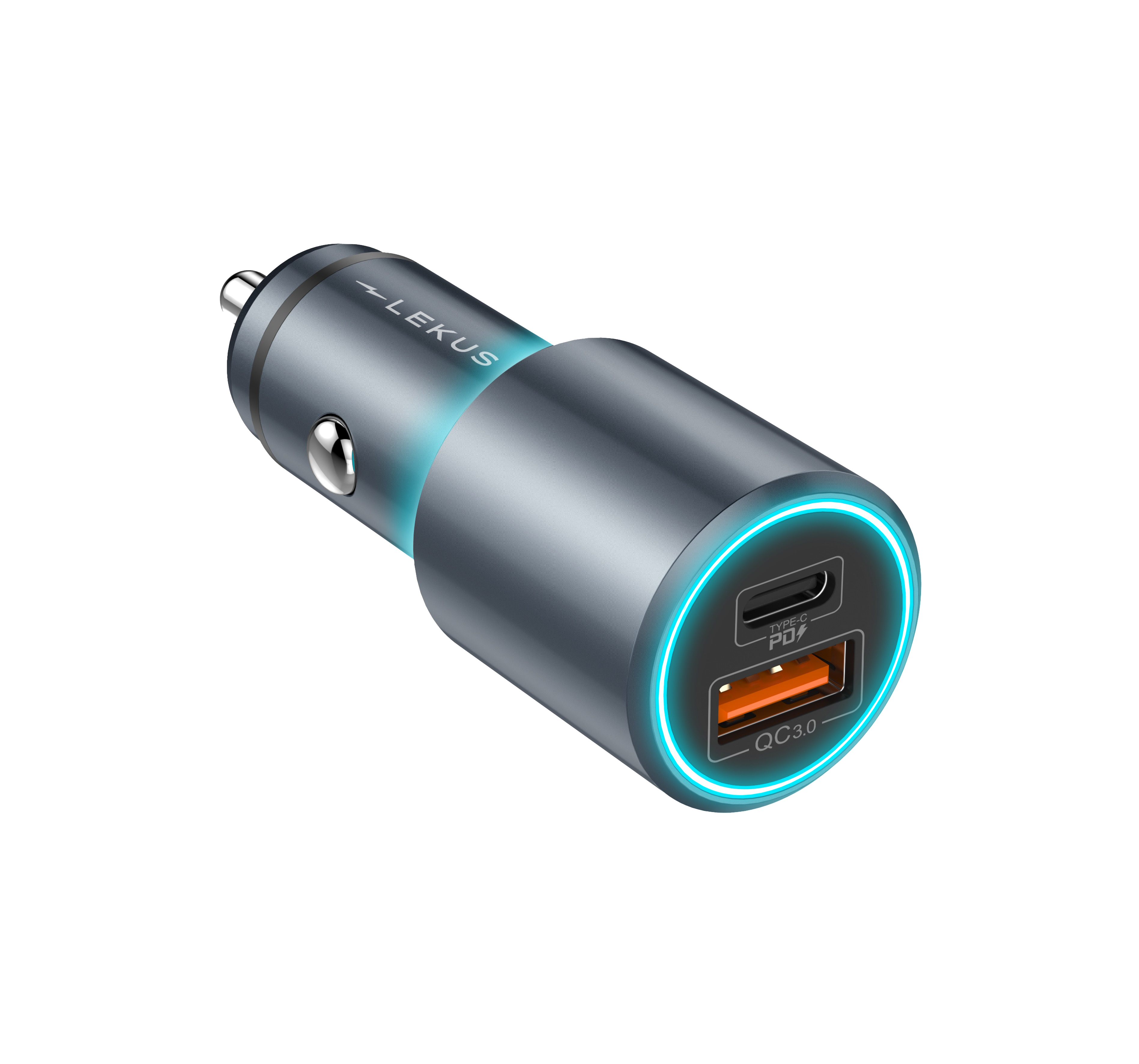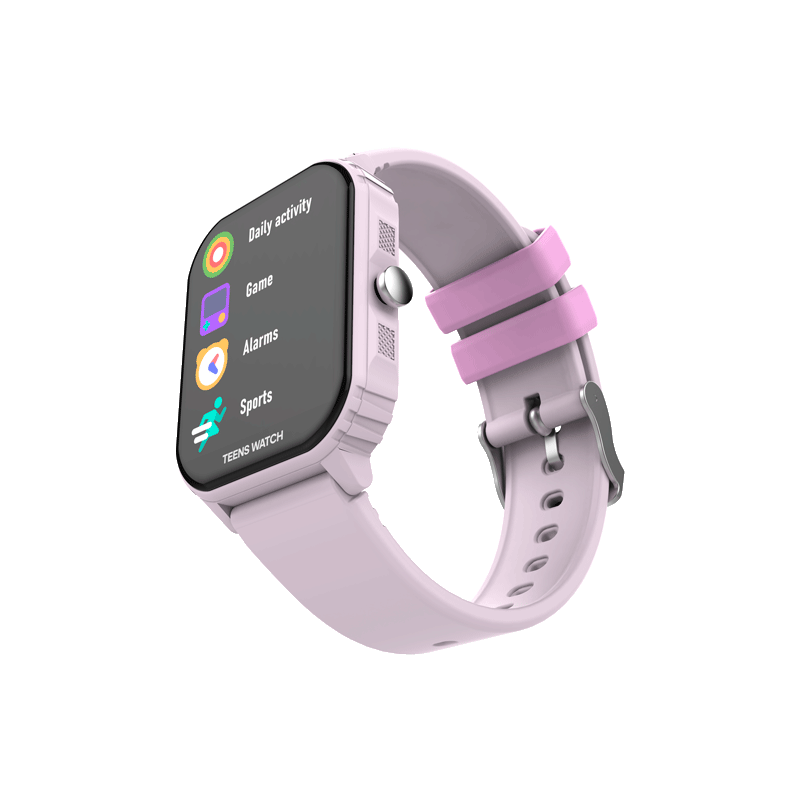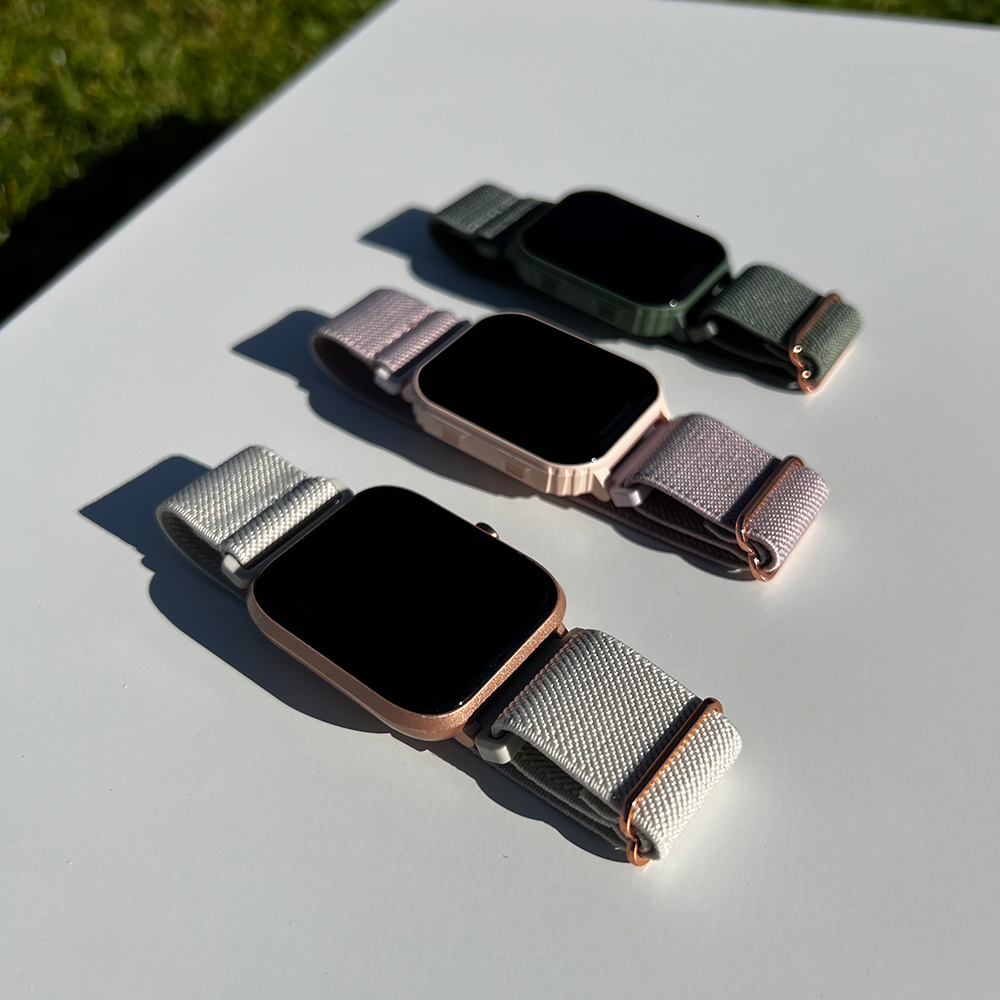
QC Fast Charging Incompatibility: Lightning and USB-A
Many manufacturers add the "fast charge" label to USB-A to Lightning cables, a form of misleading marketing that doesn't reflect reality. What happens when we try to take advantage of fast charging using USB-A Quick Charge (QC) ports to charge our iPhones with Lightning connectors? In this article, we'll explore the incompatibility and potential issues that may arise when trying to use this system.
Fast charging protocols
iPhone devices use the USB Power Delivery (USB-PD) standard for fast charging. USB-PD is a fast charging protocol that enables faster and more efficient power delivery over USB-C cables. On the other hand, USB-A QC ports use the Quick Charge standard developed by Qualcomm , which is a different protocol than USB-PD. The fast charging incompatibility of USB-A QC and lightning lies in the Chip. Apple decided to standardize the Power Delivery fast charging chip for its Apple devices, leaving USB-A Quick Charge without fast charging support for its devices.
Risks of using non-certified chargers
Following the standardization of a single, compatible chip for fast charging on iPhone devices with a Lightning port, MFI certification was created. 'Made For iPhone' is a program that accessory manufacturers for these devices must follow in order for their hardware to be approved by Apple . Using chargers and cables not certified by Apple may pose additional risks, such as device overheating, decreased battery life, or even permanent damage to the device. Therefore, it's important to use Apple-certified accessories to ensure safe and efficient charging.
Limitations of USB-A ports
USB-A ports have limitations in terms of the amount of power they can supply ( 18W ). While some USB-A ports may support fast charging, they likely won't achieve the same charging speed as USB-C ports that support USB-PD (up to 100W ). USB Power Delivery (USB-PD) is an industry standard backed by the USB-IF (USB Implementers Forum), ensuring wider compatibility and better optimization between the charger and device. On the other hand, Quick Charge is a proprietary standard developed by Qualcomm and may not be as compatible with non- Qualcomm devices. USB-C PD allows for smarter power management during the charging process, resulting in faster charging times compared to the Quick Charge chip.
Conclusions
While it is possible to charge iPhone devices using USB-A QC ports, you may not get the same fast charging speed as with an Apple-certified charger that supports USB-PD .

